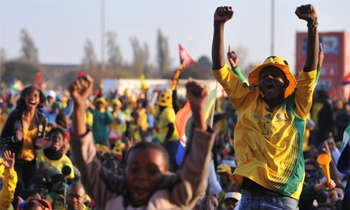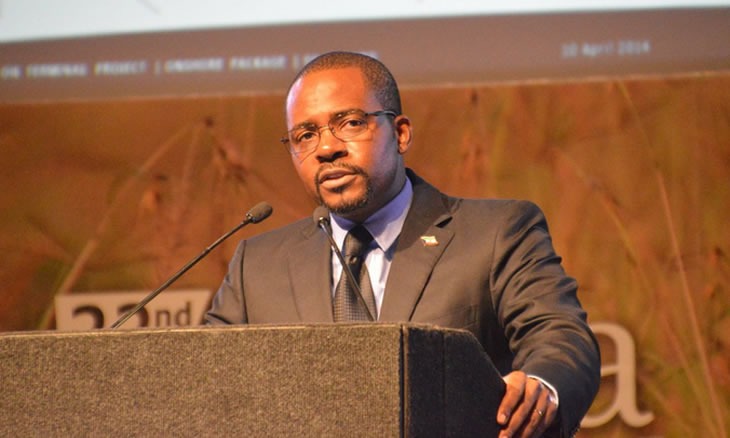Electoral integrity stands as a cornerstone of democracy, ensuring that elections accurately reflect the will of the people. However, across the African continent, the journey towards achieving this ideal is fraught with numerous challenges. From systemic issues rooted in governance structures to socio-political dynamics influenced by historical legacies, the quest for electoral integrity in Africa is multifaceted and complex.
To understand the challenges of electoral integrity in Africa, one must examine the historical context. Many African nations have experienced periods of colonization, which left behind institutional frameworks that often prioritize the interests of the ruling elite over those of the populace. Post-independence, the legacy of colonialism has intertwined with indigenous power dynamics, leading to entrenched systems of patronage and corruption that permeate electoral processes.
Weak Governance Structures
A significant challenge to electoral integrity in Africa lies in the weakness of governance structures. Many countries grapple with inadequate legal frameworks, electoral bodies lacking independence, and ineffective enforcement mechanisms. Political interference, both overt and covert, undermines the impartiality of electoral institutions, eroding public trust in the electoral process.
Voter Suppression and Intimidation
Voter suppression and intimidation represent pervasive challenges to electoral integrity across the continent. Tactics such as disenfranchisement, violence, and coercion are employed to manipulate election outcomes, particularly in authoritarian regimes. Vulnerable populations, including ethnic minorities and marginalized communities, often bear the brunt of these tactics, further exacerbating social divisions and political instability.
Electoral Violence
Electoral violence poses a significant threat to electoral integrity in Africa, with instances of violence ranging from pre-election intimidation to post-election unrest. Competition for power, coupled with underlying ethnic and religious tensions, frequently manifests in violence during electoral cycles. The prevalence of arms proliferation exacerbates this issue, making it challenging to ensure peaceful and credible elections.
Inadequate Electoral Infrastructure
The inadequacy of electoral infrastructure poses logistical challenges that impede the conduct of free, fair, and transparent elections. Insufficient voter registration systems, outdated technology, and logistical hurdles contribute to irregularities and discrepancies in the electoral process. Furthermore, limited access to polling stations, particularly in remote or conflict-affected areas, disenfranchises significant segments of the population.
Media Bias and Misinformation
The proliferation of misinformation and media bias undermines the integrity of electoral processes in Africa. Politically affiliated media outlets often disseminate propaganda and false narratives to sway public opinion, perpetuating division and polarization. The spread of misinformation through digital platforms exacerbates this challenge, amplifying the influence of disinformation campaigns on electoral outcomes.
READ ALSO: Niger’s Geopolitical Shift: Redefining Strategic Alliances
Lack of Civic Education and Political Awareness
A lack of civic education and political awareness among the electorate hampers efforts to foster a culture of democratic participation. Many voters are unaware of their rights, the electoral process, or the platforms of political candidates, making them susceptible to manipulation and coercion. Strengthening civic education initiatives is crucial for empowering citizens to make informed choices and hold elected officials accountable.
The challenges of electoral integrity in Africa are deeply entrenched and multifaceted, stemming from historical legacies, weak governance structures, and socio-political dynamics. Addressing these challenges requires concerted efforts to strengthen institutional frameworks, safeguard electoral processes, and promote civic engagement. By tackling the root causes of electoral malpractice and fostering a culture of transparency and accountability, African nations can move closer to realizing the vision of free, fair, and credible elections that reflect the will of the people.


